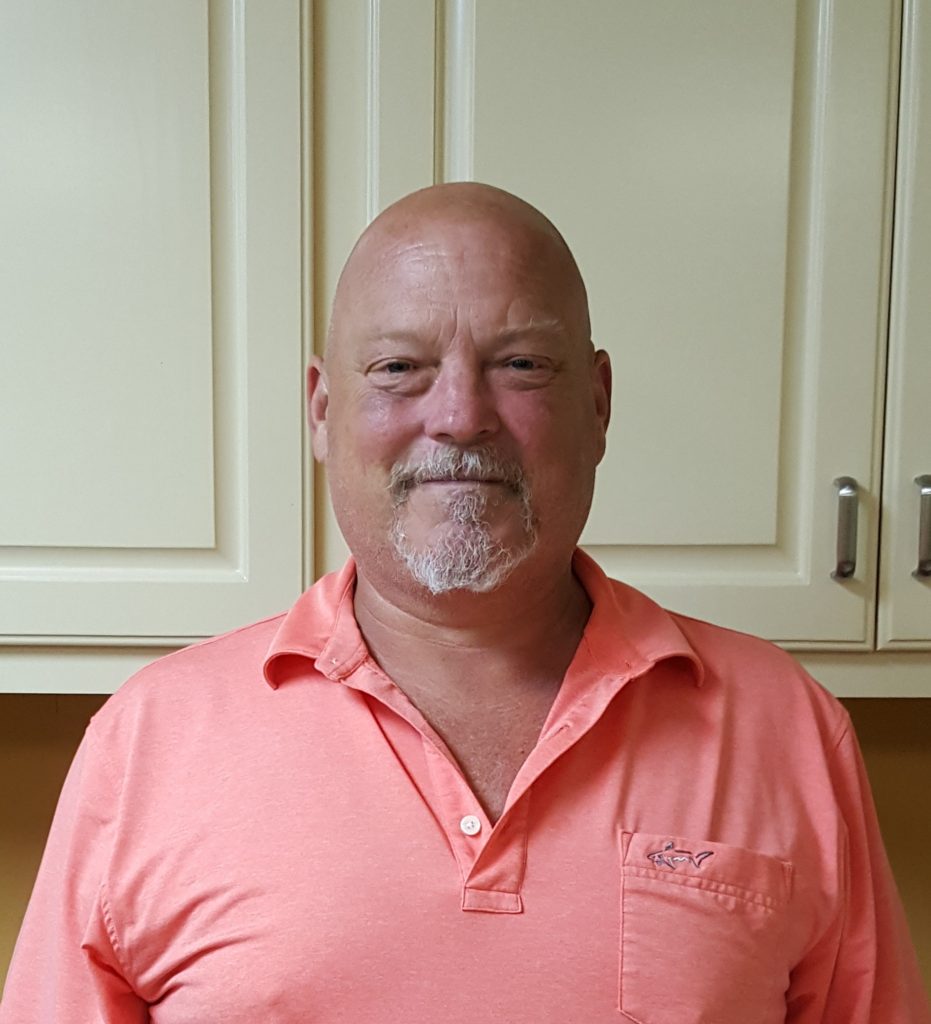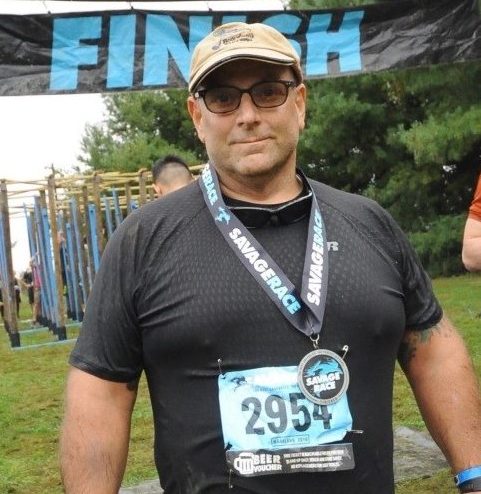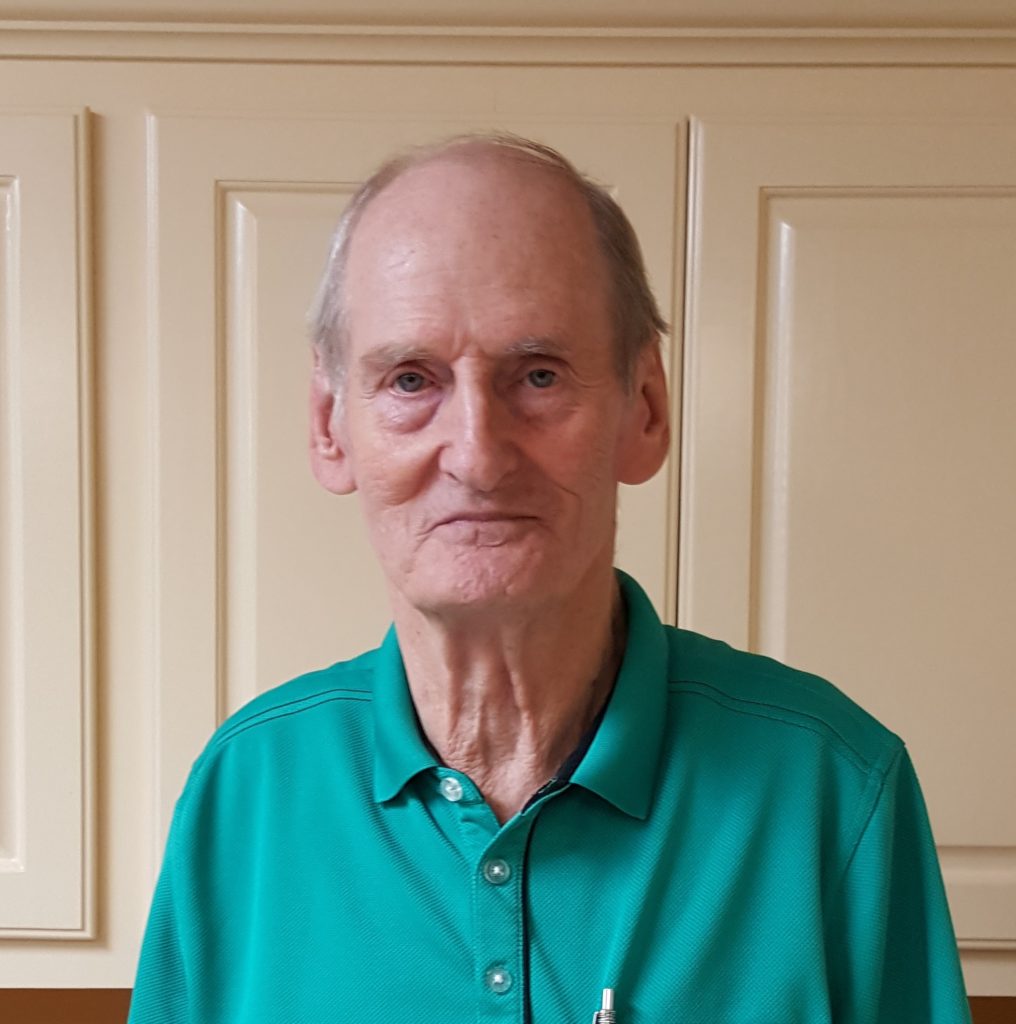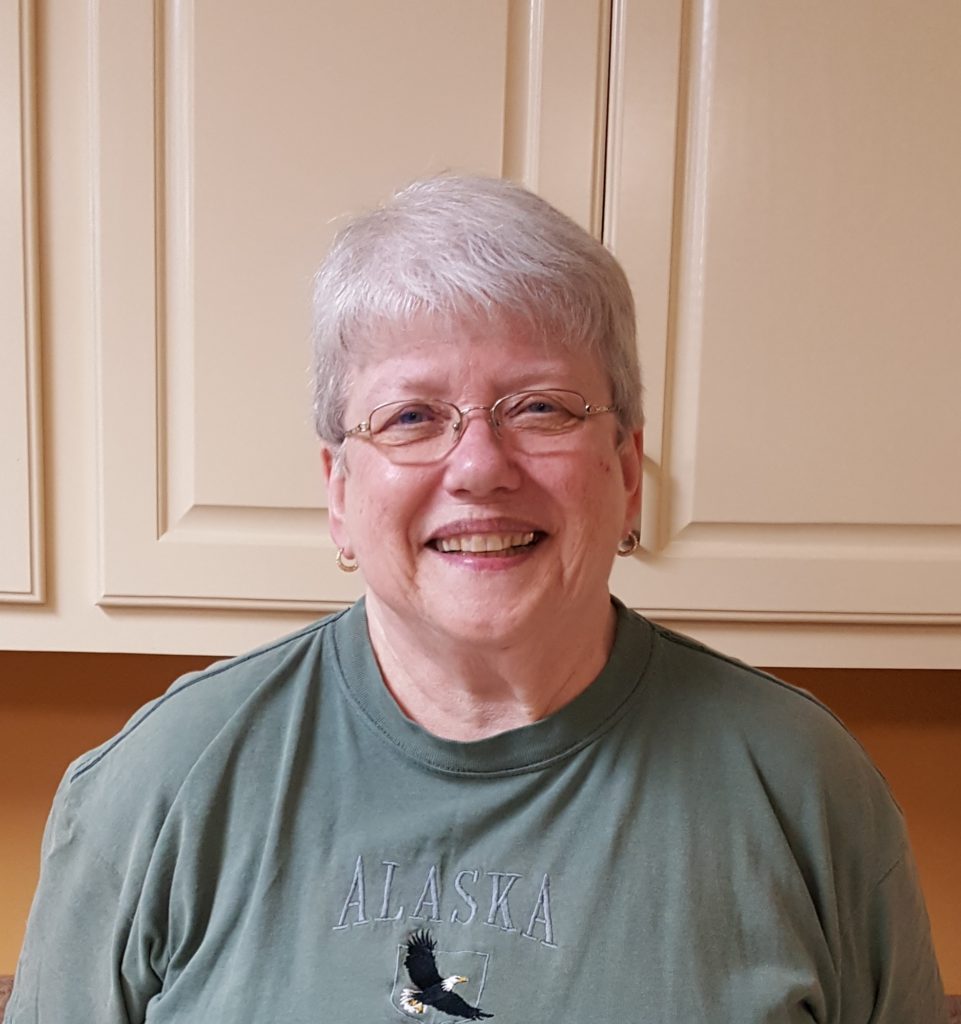
Ornish Lifestyle Medicine Provided Us with Time to Focus on Ourselves and Learn from Each Other

by paul-focus97
Name: Dwayne K.
Age: 53
Ornish Site: Hunterdon Medical Center
Health Challenges: 2 Heart attacks, bypass surgery, high cholesterol, high blood pressure, and kidney disease.
Greatest Motivation: A year ago, I couldn’t walk up a flight of stairs; now, I’m carrying an 80 pound bucket of rocks as part of an obstacle course race. So far I have entered and completed 8 obstacle course races, and would still be entering them every weekend if they were available in the Northeast during the winter months. Part of my motivation to continue with my new lifestyle is to be able to keep participating in these races. My ultimate goal is to complete the Spartan Trifecta, which means completing the Spartan Sprint, Super, and Beast within a year. If all goes well, I’ll be attempting that beginning this March in Cuba.
His Story: It was a chilly Sunday morning in September of 2016 in the Blue Ridge Mountains of Virginia, and I was about to experience my first Spartan Sprint obstacle course race. The event consisted of 20 to 25 obstacles spread across a 5-mile course, each of which tested endurance, strength, agility, and stamina. The Spartan series can be considered the major league of obstacle course racing, drawing crowds in the thousands. For me, however, the event’s true significance was as a milestone in my ongoing battle to defeat the heart disease that I’d abruptly discovered less than a year earlier..
In addition to the monitored exercise, I really enjoyed the program’s group support element.
On the evening of November 20th, 2015, I was moving some donation boxes and didn’t feel right – I was tired, short of breath, and basically just out of it. I was an active person, so I knew that limited physical exertion such as that shouldn’t have made me feel so lethargic. Listening to my body, I called 911 and told them that I thought I was having a heart attack. Within 5 minutes, the Emergency Medical Service technicians were at my house and I was on my way to the emergency room.
At the hospital, the nurses and doctors were skeptical about my concern of a heart attack; I hadn’t experienced any of the typical warning signs like heavy chest pain or numbness shooting down my arm, and my electrocardiogram (EKG) was not overly abnormal. The doctor’s plan, therefore, was to admit me to the hospital for some additional tests. After the tests, I was informed that I had, in fact, suffered a mild heart attack, and was scheduled for an angioplasty procedure the next morning to open up my arteries. Unfortunately, my arteries refused to cooperate and inserting stents proved to be impossible. My only remaining option was open-heart surgery.
My surgery was the day after Thanksgiving – needless to say, I was not walking the malls and taking advantage of the Black Friday sales that year. Instead, I was looking up at the operating room lights counting backwards from 100 before my surgeon performed a double coronary artery bypass graft (CABG). That day and the following Saturday turned out to be the worst days of my life. It took me 15 minutes to walk with the aid of a walker from my bed to the nurses’ station and back to my bed – a total distance of about 40 feet.
Over the next two months, my health and endurance seemed to be progressing; I could walk a little faster and make it up the stairs without having to stop halfway to catch my breath. But on the morning of February 1st, 2016, I suffered another heart attack. This time, there was no doubt about the diagnosis – I felt like I had a 500 pound weight on my chest, my right arm was numb, and I had an excruciating headache because my blood pressure was over 210 mmHg. All of the progress I’d made and momentum I’d gathered over the last two months went out the window. Recovering from a heart attack isn’t like anything else – it’s not like the flu where you feel better after 2 weeks; it’s a much longer journey. I went back to square one. I couldn’t cough without chest pain or walk up the stairs without shortness of breath, and I was mentally exhausted.
I was also afraid of activity, worried that I could have another heart attack at any time. I wasn’t participating in a formal cardiac rehabilitation program at the time, so the fear of another heart attack was always in the back of my mind. I was expressing these fears to a friend when he told me about the Ornish Lifestyle Medicine program. After some additional research, I shared the program’s information with my cardiologist. Although he wasn’t familiar with the program, he encouraged me to participate. With the support of my doctor, I contacted Hunterdon Medical Center and enrolled on July 12th, full of curiosity, excitement, and hope. After meeting the program team and understanding how I would be monitored during exercise, my worry and stress about exercising quickly disappeared.
The program turned out to be much more than just exercise – it was a lifestyle. In addition to the monitored exercise, I really enjoyed the program’s group support element. The group provided me with a new set of friends who shared my interest in adopting a new, healthy lifestyle; we could all relate to the life changing experience that each of us had been through with heart disease. The program provided us with time to focus on ourselves and learn from one another. We developed a strong bond and were sad when the program ended.
Furthermore, through my learnings in the stress management element, I have a new outlook on life. Now, I understand how to relieve stress and no longer sweat the small stuff. Lastly, I learned a lot about nutrition in the program. Being a chef by trade, it was interesting to learn about new food preparation techniques, portion sizes, and other nutritional facts. After participating in the program, I understand how all of the program’s four elements (exercise, group support, stress management and nutrition) work together and help participants achieve success.
Participating in the Ornish Lifestyle Medicine program was life-changing for me. A year ago, I couldn’t walk up a flight of stairs; now, I’m carrying an 80 pound bucket of rocks as part of an obstacle course race. I remember asking my exercise physiologist if it was safe for me to enter a 5k-mud run. She looked at me like I was out of my mind and politely suggested that I check with my cardiologist.
After consulting with my cardiologist, he said that I could give it a try, but that I also needed to keep an eye on my heart rate and listen to my body. So, on that morning of August 6th, through my nerves and excitement, I successfully completed my first obstacle race. So far I have entered and completed 8 obstacle course races, and would still be entering them every weekend if they were available in the northeast during the winter months. Part of my motivation to continue with my new lifestyle is to be able to keep participating in these races. My ultimate goal is to complete the Spartan Trifecta, which means completing the Spartan Sprint, Super, and Beast within a year. If all goes well, I’ll be attempting that beginning this March in Cuba.
None of this would have happened without the Ornish Lifestyle Medicine program at Hunterdon Medical Center and their great staff. The team provided me with the guidance and tools needed to develop my new mindset – and for that, I owe them all special thanks!
Contributed by
Better Health Begins With You...
Have something to contribute?
Up Next for You


The Program Has Made Me Feel Better About Myself





